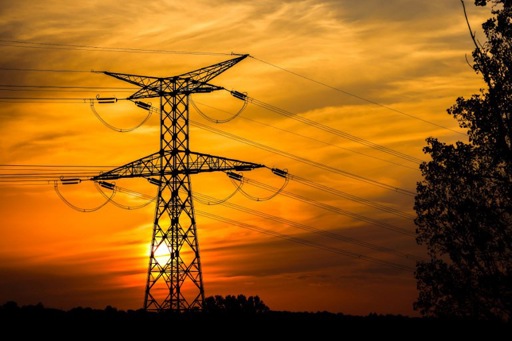Much of the aid given by the government to households to help them cope with rising energy bills has ended up in their savings accounts, according to a new study quoted on Thursday by De Standaard and Het Nieuwsblad.
The study was conducted jointly by researchers from the National Bank of Belgium, BNB, and Ghent University (UGent).
According to the researchers, Gert Peersman (UGent) and Joris Wauters (BNB), the energy vouchers issued by the government and the financial benefit of the VAT reduction on gas and electricity are mostly banked by the beneficiaries.
The researchers conclude that the government has overcompensated many households.
The average Belgian family’s energy expenses amounted to €170 per month between May and July, which is much lower than the experts had expected. The difference is explained by the fact that many households still had fixed contracts or used cheaper heating sources than gas.
“The VAT reduction and energy vouchers were not necessary for the average family, let alone for higher incomes,” Peersman argued. “In addition, these measures make a huge hole in the budget.”
According to the researchers, the government would have done better to extend the social tariff for very vulnerable families, with a more graduated form to avoid leaving out those just above the income ceiling.

